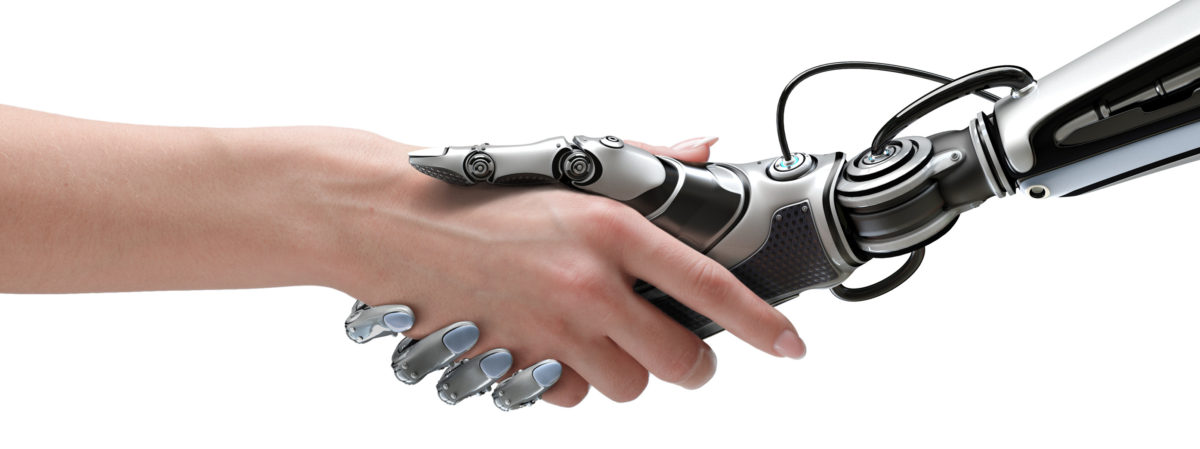The mobile security market increasingly becomes a more important issue in our society.
Some providers say that the can deliver an unhackable mobile phone. But is it even possible to develop an unhackable mobile phone?
The smart phone of today is far more powerful than the fastest supercomputers of twenty years ago. There are millions of lines of software in mobile devices. The apps on your phone are written by many developers, some of whom are hackers. And in most of the times these developers don’t even have the right skills when it comes to mobile security.
Cybercriminals are increasing and they often targeting mobile phones through malicious apps and phishing schemes. Malicious apps are difficult to detect before it’s published on an app store and even if one of those malicious apps are detected and fixed it may already affected hundreds of thousands of people. These Cybercriminals are infiltrating phones to steal data and spy on our communication they simply sent users a text message with a malicious link and what about the WI-FI network on hotels and airports? Be vigilant about which networks you connect while traveling otherwise you’re an easy target for hackers.
Each year more than 100 security bugs are discovered and needs to be fixed. In august 2016 alone, there were 42 security vulnerabilities detected on the android operating system most of these vulnerabilities are not on the phone’s operating system itself, but in the operating system and software that run the chips inside the mobile device. These security vulnerabilities have impact on the phone modems like: WI-FI, sound, USB, camera and more. There are no signs of slowing in this number because the mobile devices will become even smarter with more software and capabilities this will gives hackers new opportunities to exploit more bugs. Furthermore, it is good to point out that more than 65 percent of the android users still use old versions of software with hundreds of bugs that are already known.
All of these issues mentioned above make it impossible to secure a device completely. Organizations must use mobile threat defense tools to secure data of users and make them aware of curtain threats and bugs. Also consumers need to be more vigilant before they download apps or connect to different networks, this seems the only way to secure your phone and make it ‘’unhackable’’.



